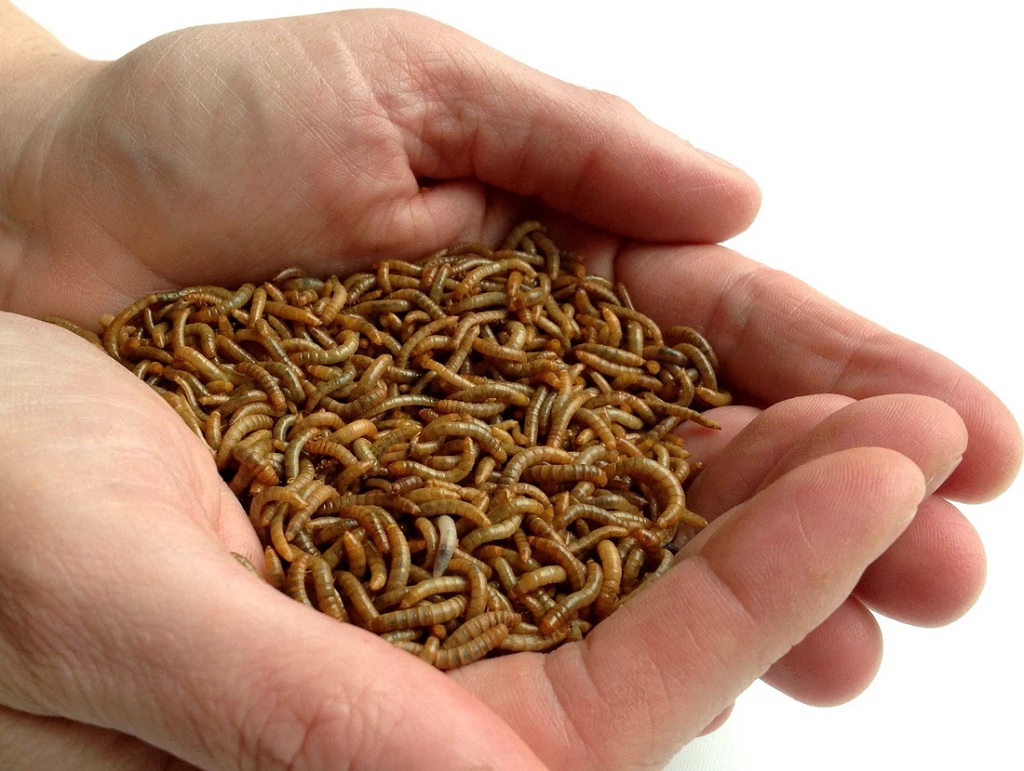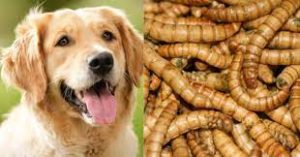The nutritional value of Mealworms includes proteins and fibers and essential fatty acids which makes them an optimal food choice for birds alongside reptiles and selected mammals. The protein-abundant diet benefits muscle growth along with better coat appearance and contributes to general health and fitness. Your pet will obtain the greatest possible nutritional value from live mealworms since these insects digest easily. Your pet benefits from mealworms in two ways: they receive vital nutrients and simultaneously fulfill their hunting instincts which promotes their mental and physical development.
Sustainability and Environmental Impact
Mealworms deliver additional environmental advantages together with their nutritional features. Their farming methods as a food source demonstrate sustainability since they need less resources than conventional livestock farming. The production of mealworms creates smaller greenhouse gas emissions and needs less water and space. Pet owners who select mealworms create a more sustainable future while decreasing their pets’ environmental impact while providing them with nourishing sustainable food. People now choose sustainable pet feed alternatives such as mealworms because they actively want to protect the environment.
Understanding Pet Preferences
Pet owners need to study their animals’ food reactions before starting mealworms as part of their diet. The way your pet behaves around mealworms helps reveal what they find appealing or unappealing. The acceptance of new texture and taste with mealworms will differ from pet to pet depending on how quickly they adapt. Your pet requires patience during the feeding process because you should provide gradual mealworm exposure in relaxing settings. The combination of observation and adjustment practices leads to successful development of beneficial feeding experiences.
Safety Considerations
The addition of any new food element requires absolute safety considerations. Use suppliers with a solid reputation to get your mealworms since proper sourcing eliminates both pesticide exposure and contamination risks. Your veterinarian needs to review dietary changes you plan for your pet particularly when they have health issues. Storing mealworms correctly in their fresh or dried form is vital for preserving their quality state. Taking safety measures allows you to maintain mealworms as beneficial food elements for your pets’ diet.

